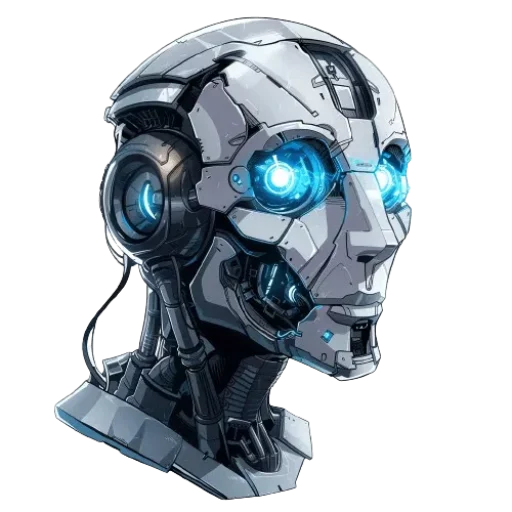Key findings
Generative artificial intelligence (GenAI) is set to impact, but not transform, the work of Service Unit Operators in the Oil and Gas industry.
Blue-collar jobs like this are less likely to be automated by GenAI due to the physical nature of the tasks involved.
The unique automation wave of GenAI may actually increase demand for blue-collar workers, leading to a rise in their income share.
While some skills of this job may be automated in the future, such as equipment maintenance and troubleshooting, the core tasks that require physical presence and hands-on work are likely to remain untouched by AI.
This means that Service Unit Operators can expect to continue their work with minimal disruption from GenAI.
How could AI or automation replace or complement job activities?
In the field of Oil and Gas operations, AI, automation, or LLMs like ChatGPT could potentially enhance certain processes but may not fully replace the role of Service Unit Operators.
While these technologies could streamline tasks like data analysis and reporting, the nuanced judgment, physical dexterity, and adaptability required in activities such as equipment maintenance, well monitoring, and obstruction removal may still necessitate human intervention.
For instance, in the role of Service Unit Operators, AI could assist in interpreting instrument readings to identify obstructions, but the decision-making process for selecting and implementing appropriate fishing methods would likely remain a human responsibility.
Job description
Operates equipment to help oil flow from wells or remove obstructions from drilling wells. Includes technicians who use fishing tools.


0 Comments